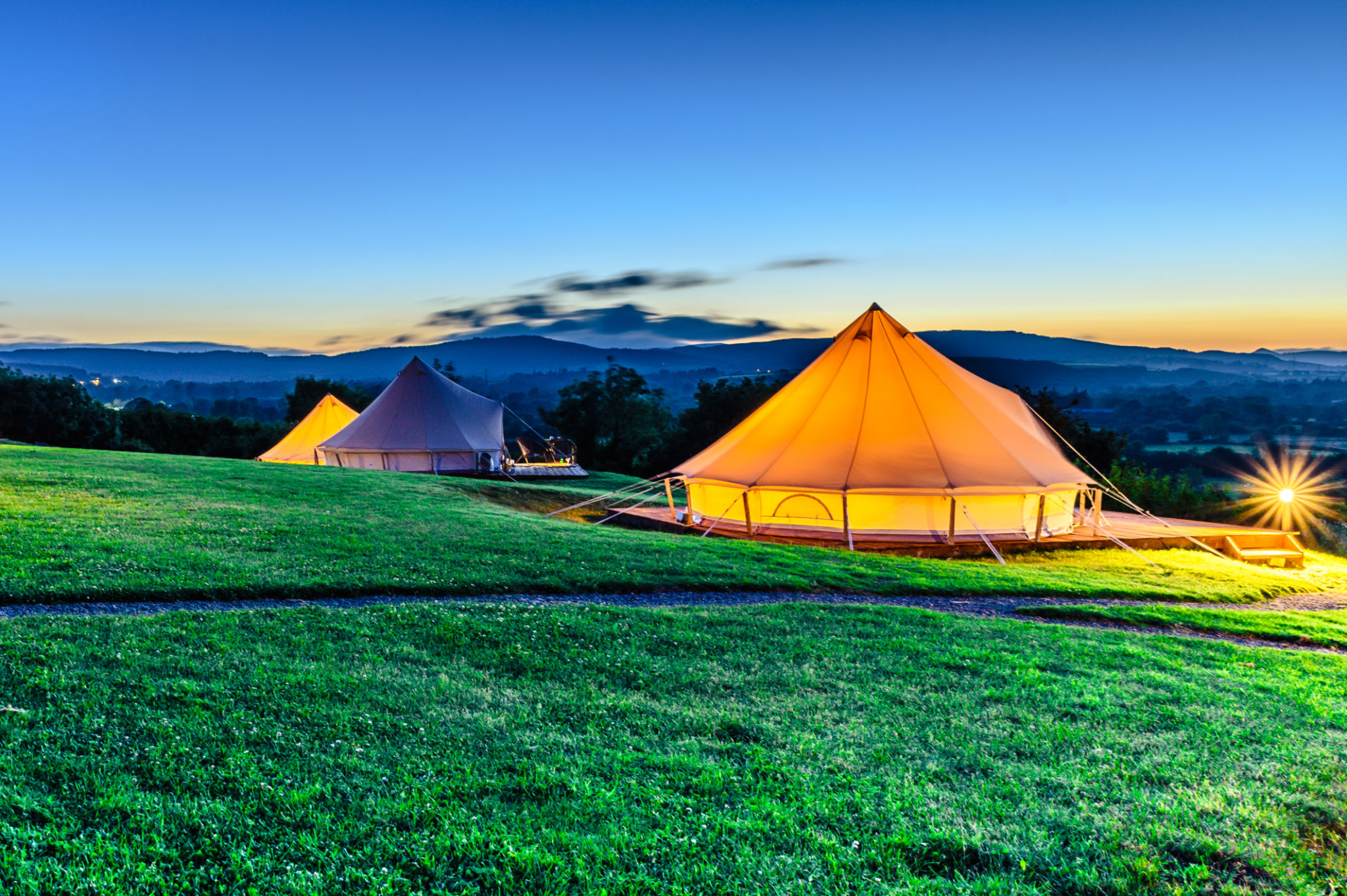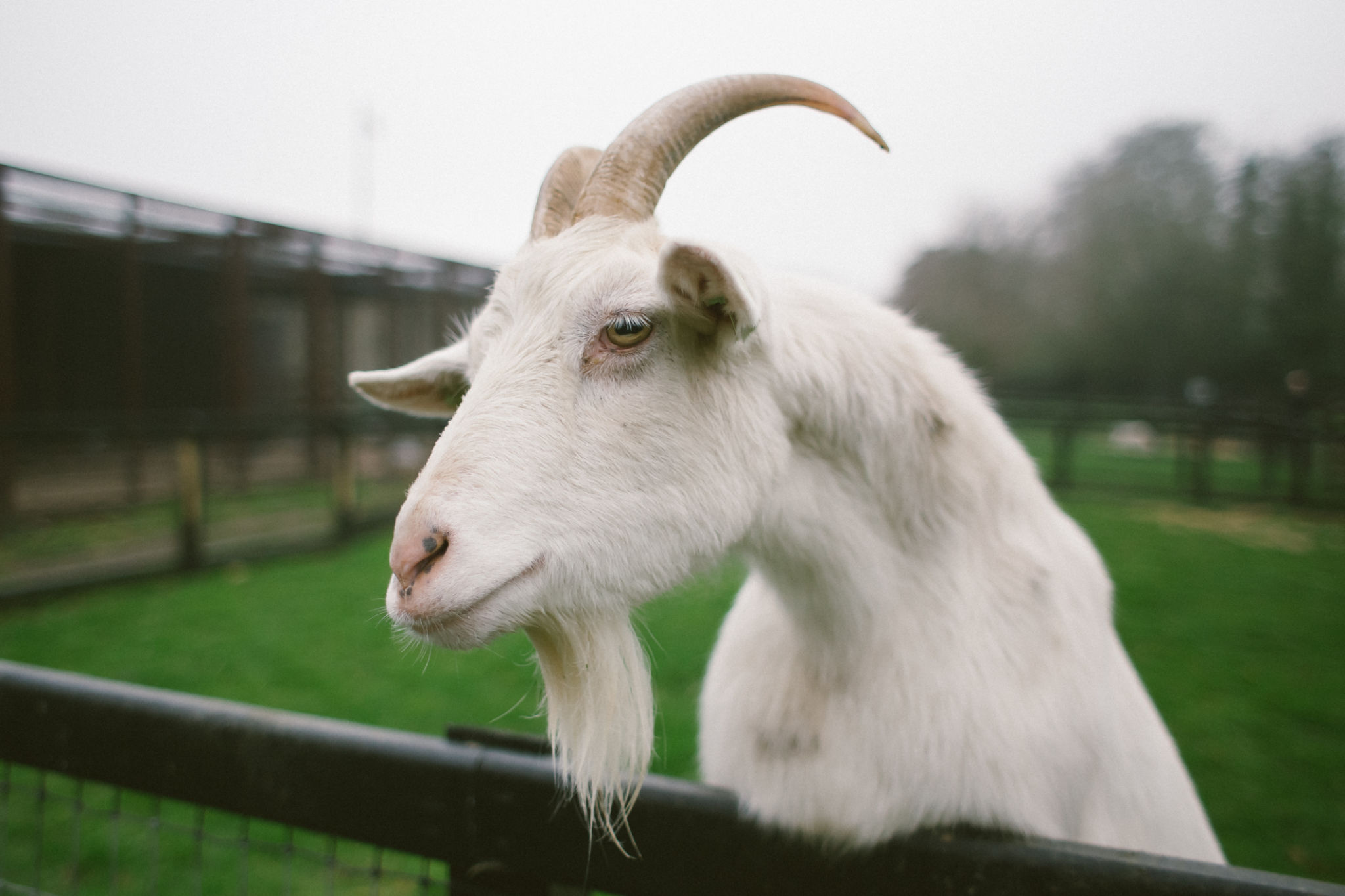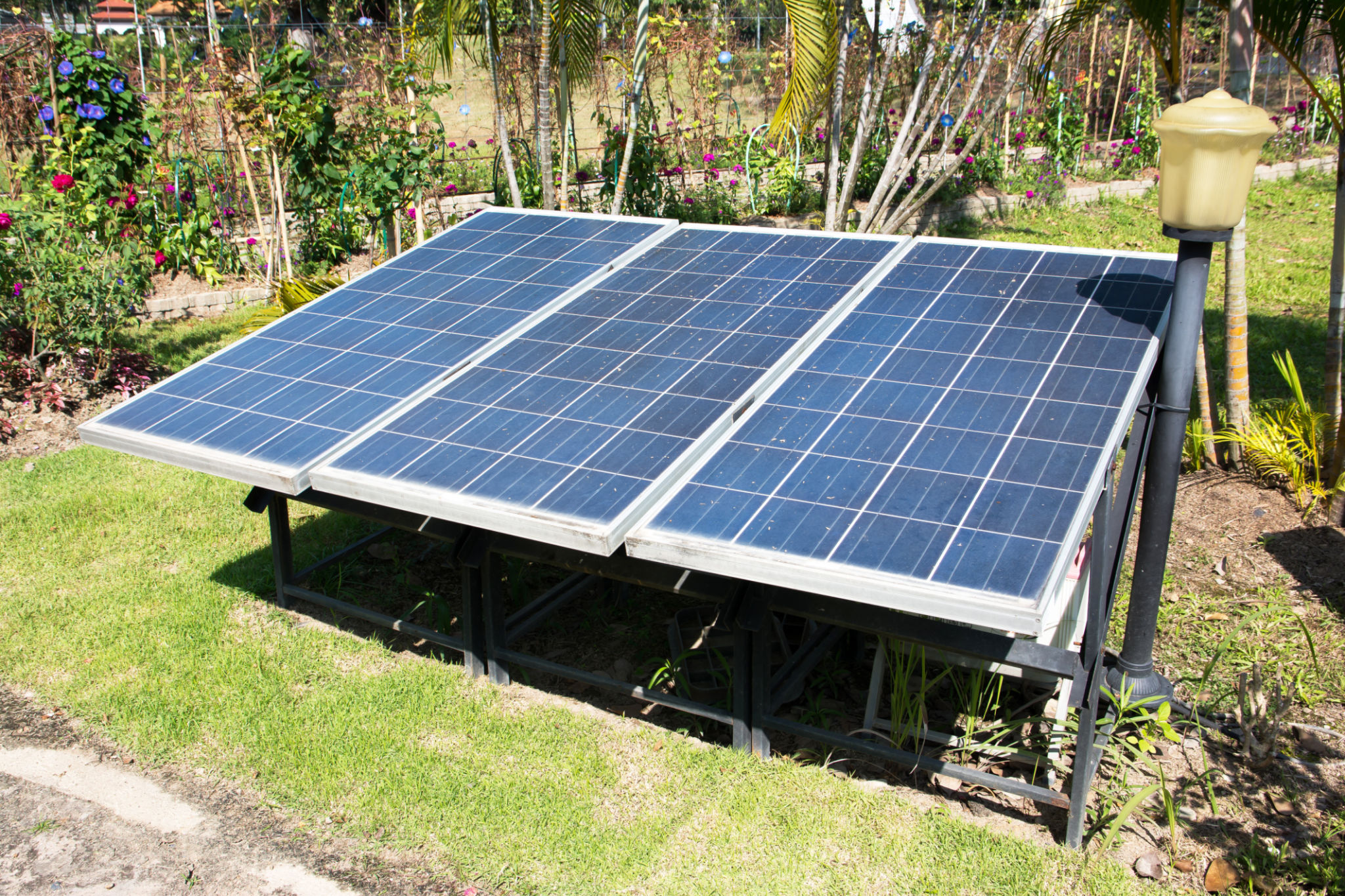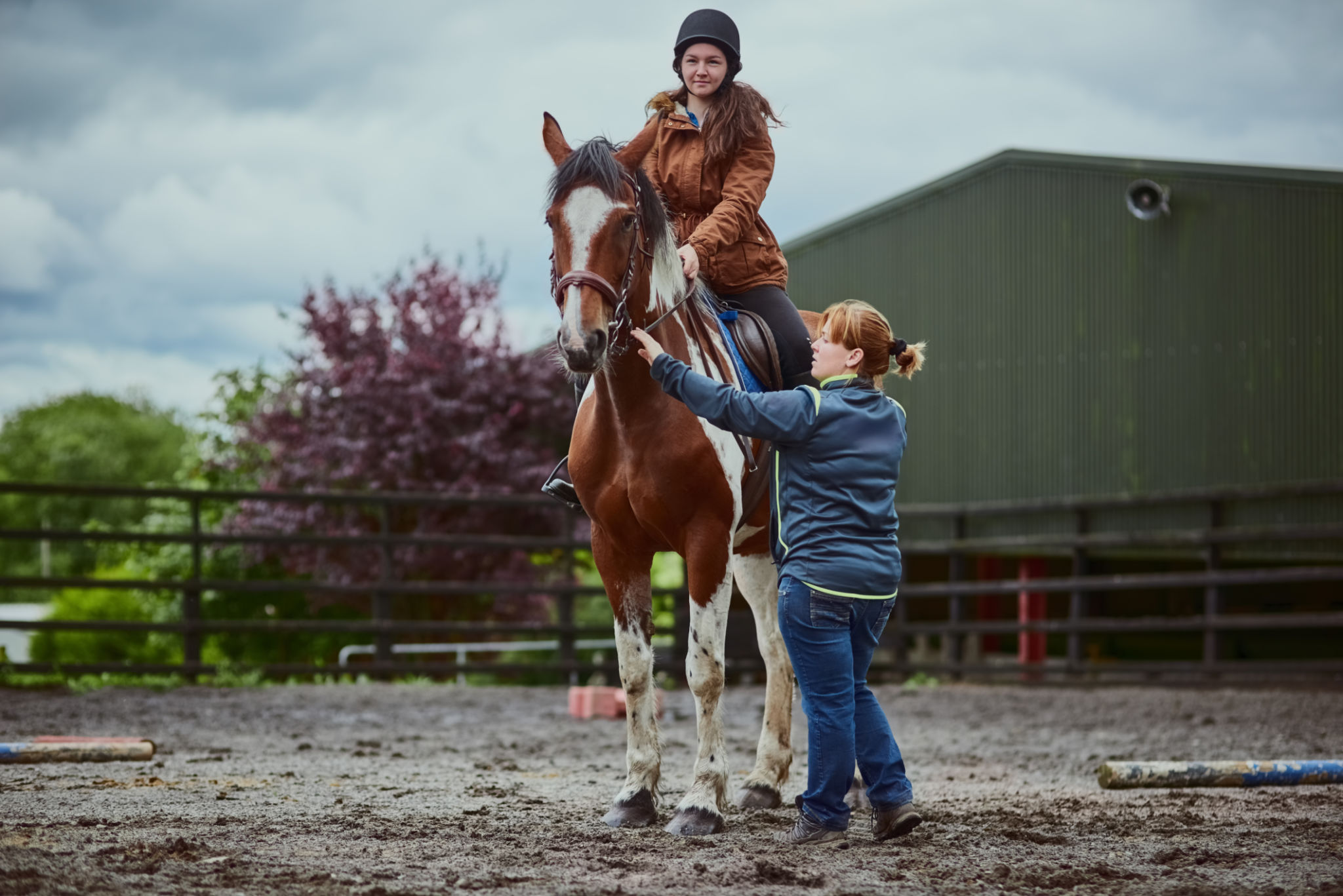Farm Diversification in 2025: Successful Strategies for Irish Families
Introduction
If there’s one thing farming teaches you, it’s how to adapt. Weather shifts, markets swing, policies come and go—but through it all, Irish farmers keep going. In 2025, though, that resilience is being tested more than ever. With climate targets to meet, input costs climbing, and consumer habits changing fast, more and more families are asking: what else can we do?
The answer for many is diversification. It’s not about giving up what you know—it’s about building on it. Here’s a look at some of the ways Irish farmers are making that happen, with ideas that are not only working but helping to shape a more secure future for farming families.

Glamping and Agri-Tourism – Letting the Land Tell Its Story
There’s something powerful about giving people a chance to slow down, breathe in country air and reconnect with nature—and that’s exactly what glamping offers. Across Ireland, families are transforming unused fields and outbuildings into unique places to stay, and in doing so, creating a whole new income stream.
At Rock Farm Slane in Meath, for instance, visitors can sleep in yurts or shepherd’s huts, paddle down the Boyne, and even learn a bit about organic farming. It’s simple, peaceful, and personal—and people love it. The global glamping industry is expected to be worth nearly eight billion euro by 2032, and rural Ireland is in a strong position to benefit from that growth.
Of course, it’s not all plain sailing—planning permission and set-up costs can cause a few headaches—but where the right idea meets the right patch of land, the results can be transformative.

Farm Shops and Local Produce – Selling What You Know, Straight from the Source
There’s a growing appetite for local food—and not just in cities. Shoppers want to know where their food comes from, who made it, and what kind of values are behind the label. That’s where farm shops and artisan products come in.
In Clare, the team behind St Tola Goat Cheese have built a strong name for themselves by doing just that. What started as a small-scale operation is now a nationally recognised brand rooted in craftsmanship and care. Similarly, family-run spots like Strawberry Fields Farm Shop in Wicklow are thriving by selling homemade jams, fresh veg, and whatever’s in season—always with a friendly chat at the till.
At the moment, around three percent of Irish farms have taken this route, and more are following suit. It’s not just about making a few extra euro—it’s about adding value to what you already produce and staying close to your community in the process.

Renewable Energy – Making the Most of Every Ray, Breeze and Drop
For some, diversification means looking up—literally. With energy costs being what they are, and sustainability goals becoming stricter by the year, many farmers are investing in solar, wind or even anaerobic digestion systems to power their farms and reduce their bills.
In Westmeath, the Clonfad Solar Farm is on track to become the country’s largest, but the real story lies in smaller, family-scale systems popping up around the country. Rooftop panels on sheds, small wind turbines by the hedgerows—quiet, efficient setups that take pressure off the grid and bring long-term savings.
In the last year alone, Ireland’s solar capacity jumped by over forty percent. A basic one-kilowatt solar system can produce close to 1,000 kilowatt-hours of energy annually—even in our climate—which adds up quickly when it’s helping to run everything from milking parlours to home heating.
And for many farmers, there’s a real satisfaction in knowing that they’re producing clean energy on the same land their family has worked for generations.

Equestrian Services – Turning Passion into Practicality
It’s no secret that Ireland has a strong equestrian tradition. What might be less well-known is how many farms are now turning that heritage into a reliable business.
Whether it’s riding schools, livery yards, or holiday trekking centres, horses are providing a new direction for farms that have the space, the knowledge, and the interest. In Galway, Flowerhill Equestrian Centre offers cross-country training and stays for riders from all over the world—a perfect example of how a bit of creativity and a love for horses can grow into something bigger.
Roughly four percent of farms in Ireland are now offering equine-related services, and with the wider equestrian sector contributing over a billion euro a year to the economy, there’s no shortage of demand.

How We Can Help – A Quiet Word and a Clear Plan
Starting something new on the farm can feel daunting—especially when there’s already more than enough to be doing. But that’s where having the right support really matters.
We work with farmers across Ireland to figure out what’s possible and what’s practical, based on the land you’ve got, the time you can give, and the goals you have in mind. We don’t push one-size-fits-all solutions—we listen first, then help you build a plan that suits you and your family.
That might include:
- Helping you explore realistic diversification ideas for your farm.
- Putting together funding applications that stand a chance.
- Guiding you through planning and regulatory requirements.
- Linking you with trusted professionals—planners, designers, renewable energy specialists and more.
- Offering steady support as your idea takes shape, whether it’s a quick consultation or longer-term mentoring.
We’re not here to complicate things—we’re here to help you find clarity and take the next step with a bit more confidence. Most of the time, it starts with a cup of tea and a good chat.

Conclusion
The landscape of Irish farming is changing, but so are the opportunities. Whether it’s welcoming guests onto your land, selling your own food, generating clean energy or opening the gate to horse lovers, there’s no single path forward—but there is momentum.
Diversification isn’t about walking away from tradition. It’s about taking what you already have—your land, your skills, your story—and putting it to work in a new way.
If you’re starting to wonder what else your farm could become, you’re not alone. And when you’re ready, we’re here to help you explore that next chapter.
*By Anne Hayden MSc., Founder, The Informed Farmer Consultancy.
